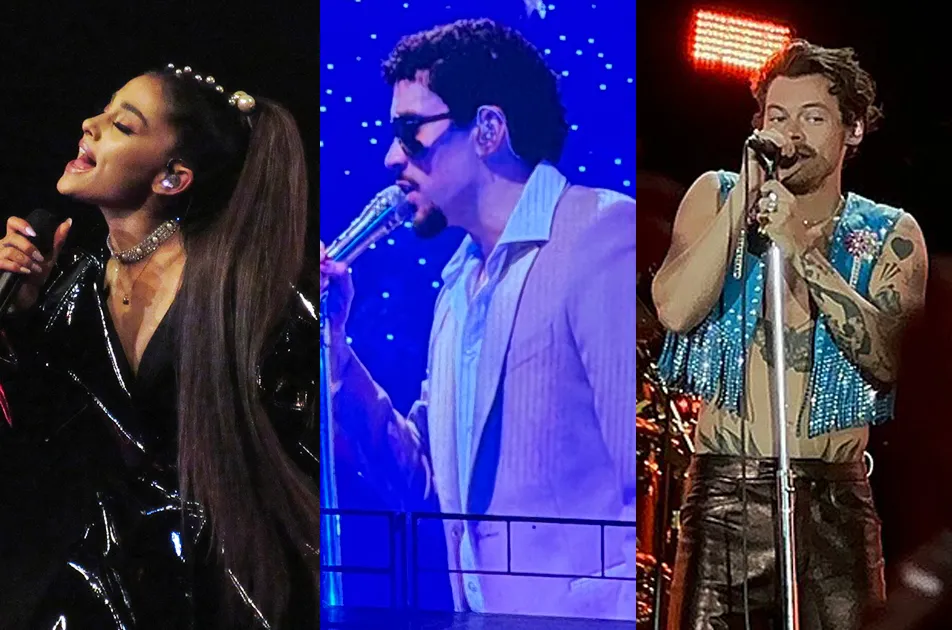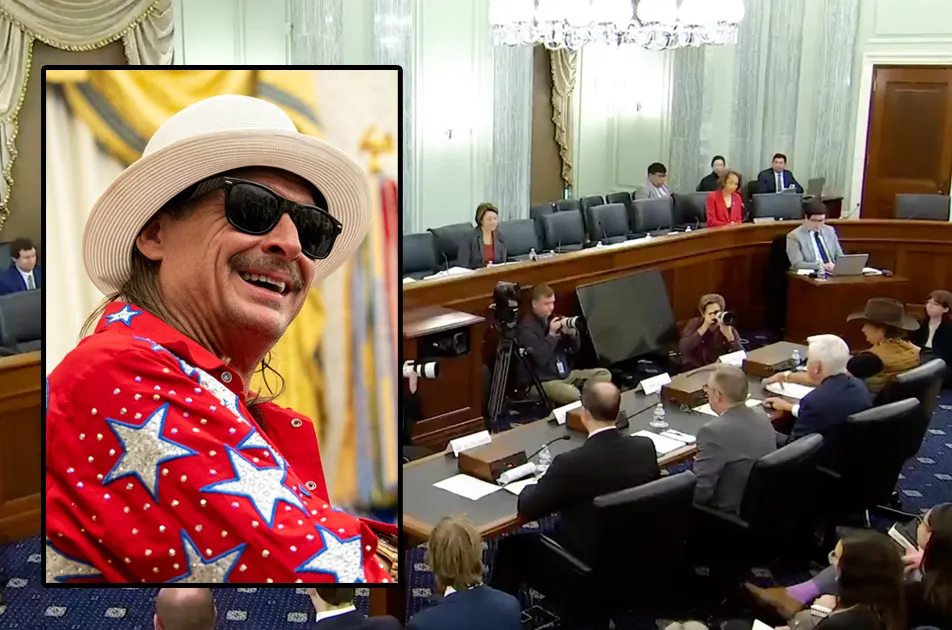Ticket bots and scalpers and often the ticketing companies themselves create an uneven playing field and fuel a secondary marketplace that drives up ticket prices for fans and does not return more revenue to artists.
Ticketing companies, promoters, and venues all benefit from this system that generally subjugates the needs of artists and fans
Existing NFT ticketing technology could go a long way to solving these problems if – and it’s a big if – the live music industry embraces the solution.
How NFT Tickets Work
It’s already possible for NFT tickets to be programmed to only be sold via specifically authorized channels and for each ticket to include an identifier specific to the ticket owner. NFT tickets can also be programmed to send a portion of any resale to the original artist, venue, or promoter.
So out of the box, NFT ticketing can offer transparency, control, and more equitable revenue sharing.
But while most of the big ticketing companies are dabbling in NFTs, none seem anxious to embrace the accountability and shift in the power dynamic that NFT tickets would bring.
Yellowheart, AmplifyLive & AfterParty take the lead
So we’re tracking Yellowheart, AmplifyLive, AfterParty and a handful of other independent startups focused on using NFTs and the blockchain to solve the massive problems baked into the current system of concert ticketing.
Recently AmplifyLive hosted an NFT ticketed hybrid IRL/livestream concert using Defi web3 technology designed so that the artist can potentially additional recurring income from their performance months after the gig was over. finished.
AfterParty raised $7 million to develop NFT tickets that include tokens to unlock real-world experiences. Recently AfterParty hosted its first NFT-gated music and art festival in Las Vegas with The Chainsmokers and The Kid LAROI playing to over 6,000 attendees.
This fall, AfterParty will host a festival in LA with access only through its second-generation Guardian NFT collection. 10,000 unique NFTs will be minted to serve as VIP access and a “lifetime festival membership,” including priority access to buy a VIP ticket for every subsequent year.
YellowHeart, which has been building an NFT marketplace for ticketing & music that has worked with Maroon 5, Kings of Leon, Julian Lennon,, and others, has already begun rolling out dynamic NFTs at venues like the MGM Grand Casino in Las Vegas.
These tickets react to ongoing usage by changing form (for example, changing color when redeemed), and automatically delivering unique perks to their owners, such as food and drink, and even special promotions, even after the event has ended.
What’s Next?
It’s unclear how far any of these startups will get against the ticket behemoths who have long-term contractual relationships with venues that also profit from the current system.
But even without NFT tickets, these big players may be forced to adopt transparency.
A new law that forces ticket sellers to use “all-in” pricing including upfront disclosure of all fees has just been signed into law by New York Governor Kathy Hochul. Similar laws are under consideration in Pennsylvania, Virginia, Florida, and other states.
While a start, these laws don’t address issues like the secondary marketplace that drives up ticket prices for fans and does not return more revenue to artists.
Bruce Houghton is Founder and Editor of Hypebot and MusicThinkTank and serves as a Senior Advisor to Bandsintown which acquired both publications in 2019. He is the Founder and President of the Skyline Artists Agency and a professor for the Berklee College Of Music.





